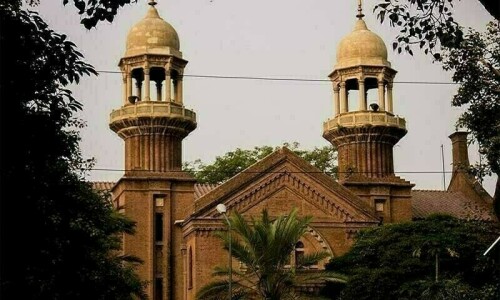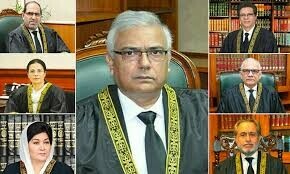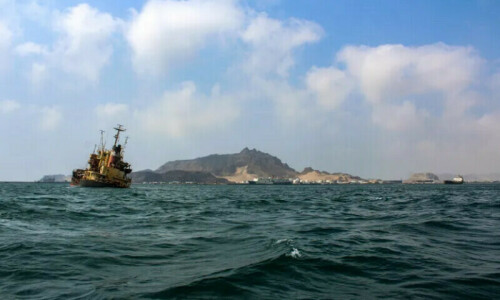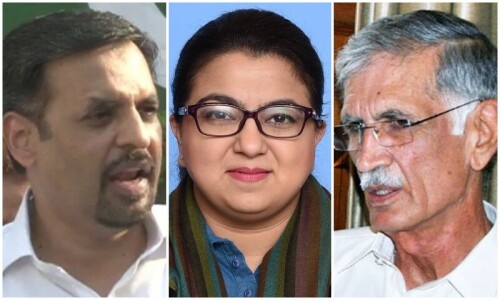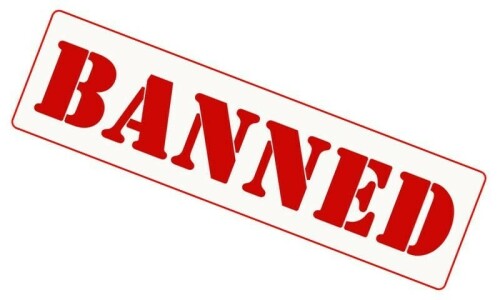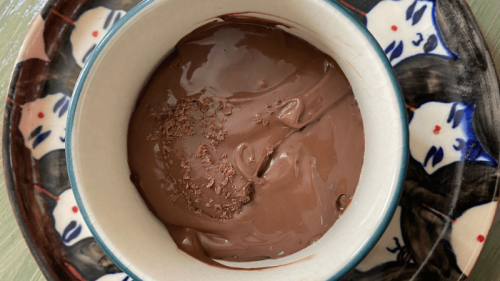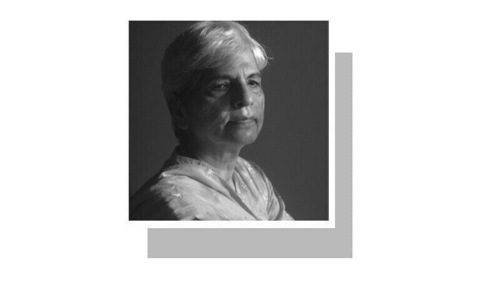 QUETTA, Jan 4: Life here has been badly affected by severe cold as chilly Siberian winds have been lashing Quetta and other parts of northern and southern Balochistan for four days.
QUETTA, Jan 4: Life here has been badly affected by severe cold as chilly Siberian winds have been lashing Quetta and other parts of northern and southern Balochistan for four days.
The people of Kalat and Quetta experienced the coldest night of the current winter on Thursday as the minimum temperature dropped up to minus nine and minus 7.5 degrees Celsius, respectively.
The maximum temperature in the provincial capital also dropped to 7.5 degrees Celsius.
Officials of the meteorological department said that cold wave would continue for 48 hours and the minimum temperature in Quetta was likely to drop to during the next 24 hours to minus nine degrees Celsius.
The roads and bazaars in presented a deserted look as chilly winds continued blowing throughout the day and most of the shopping centres, business establishments, markets and shops were closed in the afternoon as there were no customers.
Most of the people preferred to stay indoors. Traffic was very thin and attendance remained very low in government offices as many employees belonging to other areas did not report to their offices after Eid holidays.
Water supply was also affected as pipelines busted because of severe cold.
People in Quetta, Kalat, Mastung, Mach, Pishin and Ziarat also complained that the pressure of natural gas supply was low.However, Sui Southern Gas Company authorities were of the view that consumption had been increased because of harsh weather.
Ziarat, Toba Kakari, Toba Achakzai, Pishin, Qila Abdullah, Chaman, Kalat, Mastung, Nushki, Mach, Kolpur, Kan Mahtarzai, Muslim Bagh and Qila Saifullah were also in the grip of the cold wave.
Our Skardu Correspondent adds: Severe cold, coupled with fuel and power shortage, is compounding hardships of the people of the Northern Areas with the temperature falling below minus 10 degrees Celsius.
Reports from Skardu, Gilgit, Astor, Rundu and Khaplu suggest that diseases like cough, flu, cold and throat infections are on the rise. Most of the patients are children, women and aged people and local hospitals and dispensaries are reported to be facing shortage of medicines.
An 11kg cylinder of liquefied petroleum gas is being sold in the region for Rs780 while the price fixed by the government is Rs580.
The district administration here has fixed the price of 40kg of wet firewood at Rs240 but it is available for Rs330 in the markets.
The Northern Areas administration had earlier assured the people of the area that the ban on inter-district transport of firewood would be lifted but the decision has not been implemented.
Power shortage has added to the problems faced by people as the power houses built at different places in the area are not meeting their electricity generation targets.
People in Gilgit, Skardu and Chilas are facing frequent power outage and loadshedding. The two diesel generators of one megawatt each provided by the government to cope with the shortage in Skardu have not begun supplying power.


